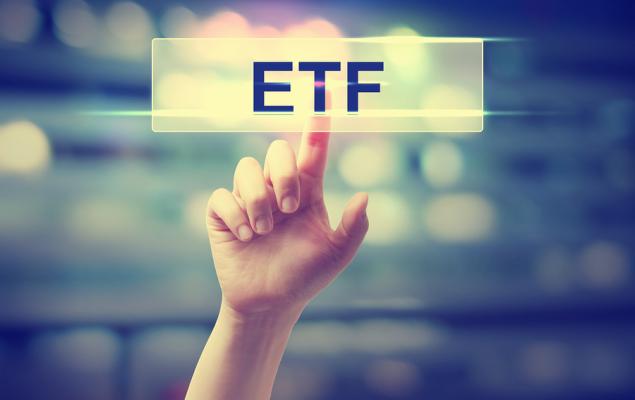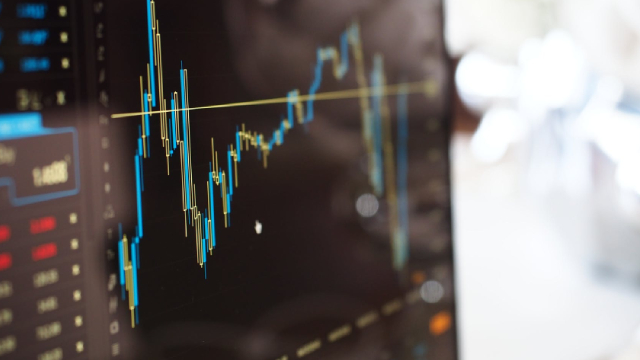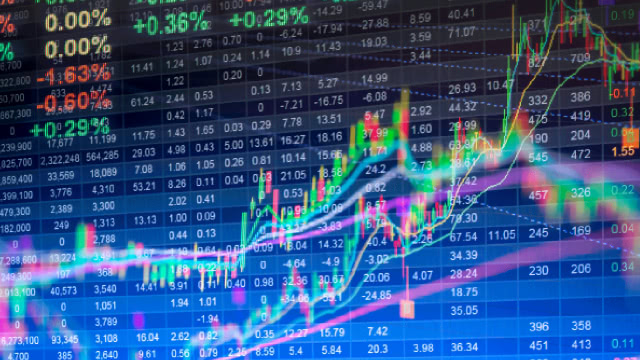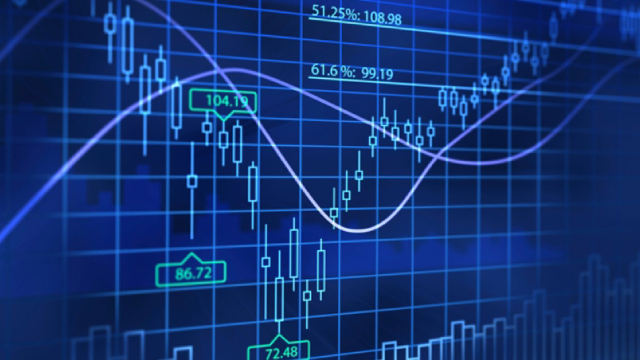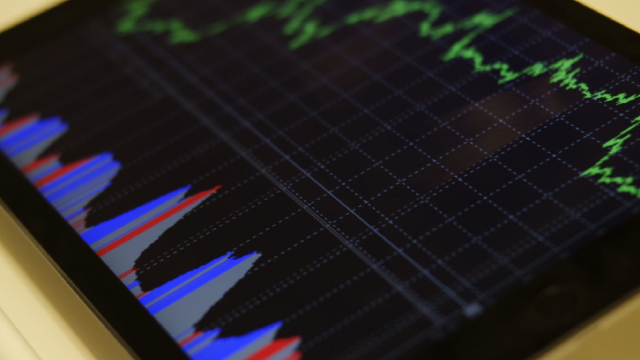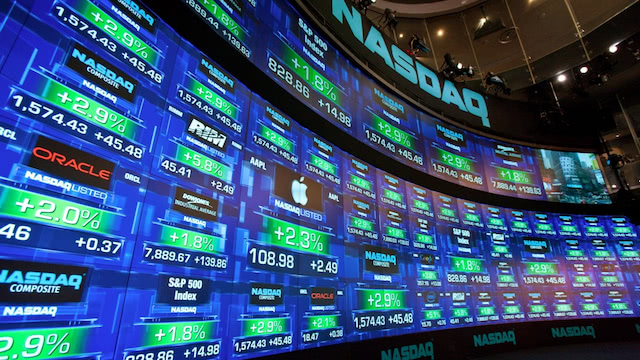IWM Stock Recent News
IWM LATEST HEADLINES
After a long period of underperformance, small-cap U.S. stocks may be staging a comeback. While it's too early to say for sure whether this is the start of a sustained rally or just an occasional rise, recent data shows encouraging signs for small-cap investors.
Even with Monday's correction, small caps continue to see rotation. The Russell 2000 ETF (NYSEARCA: IWM) had a topping pattern last week.
As the Federal Reserve's rate cuts become more likely to begin in September, investors may shift their focus back to U.S. small-cap ETFs. Many of these funds have been out of favor in 2025, as large-cap counterparts have captured significant investor attention.
Rate cut hopes and investor rotation beyond tech are fueling renewed momentum in small-cap stocks, with the Russell 2000 surging in August.
Investors have grown used to looking at the market through a single lens, usually the S&P 500 or the Nasdaq-100 index. But those indices are only benchmarks.
IWM is gaining momentum as rate-cut hopes, attractive valuations and rising small-business optimism fuel renewed interest in small-cap ETFs.
IWM could get a lift from easing inflation, possible Fed rate cuts, rising small-business optimism, and decent earnings forecasts.
Key Points in This Article: Small-cap stocks, via the Russell 2000, have underperformed the S&P 500 by about 5% annually over the past decade.
PSCI, PSCT, XSVM, XSHQ and FYT led small-cap ETF gains after softer inflation data boosted rate cut hopes.
The current market environment, characterized by easing inflation fears and a potential shift in Federal Reserve policy toward lower interest rates, is a favorable backdrop for small cap stocks.
